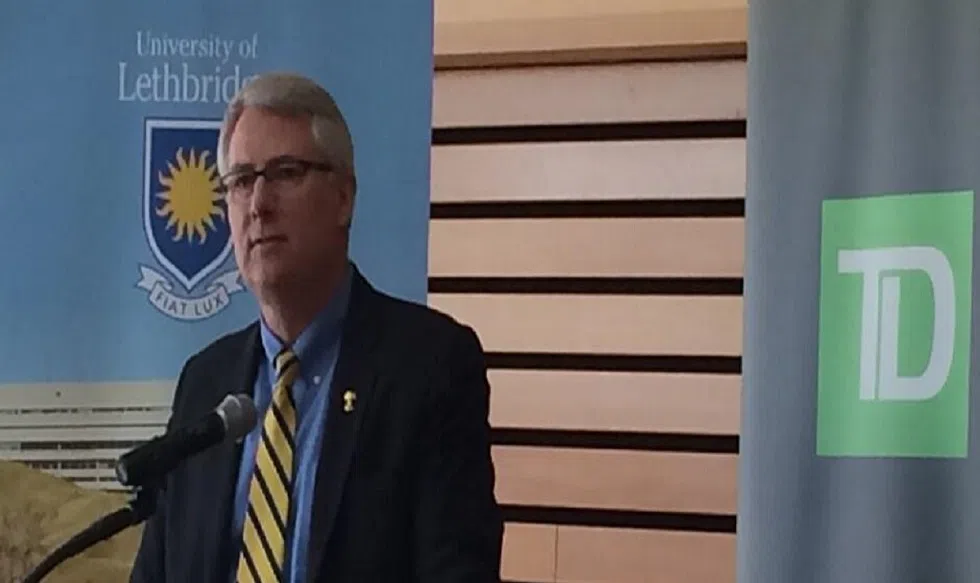
Province to cut ‘excessive wages’ of Presidents at Alberta’s colleges and universities
EDMONTON — The province is bringing in a pay grid for the 20 leaders of its post-secondary institutions. The new rules will impact any new or renewed contracts and come into effect April 15. Existing executives will have a two-year transition period.
Advanced Education Minister Marlin Schmidt has said the salaries currently vary widely among the presidents and the pay was out of step with other schools and equivalent public service jobs.
“We need to ensure that taxpayer dollars are being used in the best interests of students, staff, and faculty,” said Schmidt. “By lowering salaries and creating stronger controls on benefits, we’re making sure that public funding goes towards the classroom, where it belongs.”
Red Deer College President and CEO Joel Ward currently earns a base salary of $337,500. Tuesday’s move by the province lowers the maximum base salary for Ward’s position to $267,500, a cut of more than 20 percent.


